
RILP – IV Série, nº46 (2024)
RILP – IV Série, nº46 (2024)
Ambiente e Educação
Profundamente interligados, Ambiente e Educação dão o mote para este 46.º número da Revista Internacional em Língua Portuguesa (RILP). Na comunidade alargada dos países lusófonos, onde os contextos ambientais variam de florestas tropicais a ecossistemas costeiros, tem esta interligação vindo a assumir um protagonismo global e crescente, com a educação ambiental a compreender-se – e a demonstrar-se – uma ferramenta inestimável para promover a consciencialização de todos para práticas mais sustentáveis. Ambiente e Educação dando nessa medida o mote, também, para a urgência de velar pela preservação dos recursos naturais, num binómio de ensino-aprendizagem cada vez mais capaz de enfrentar os desafios das mudanças climáticas, da desflorestação, da perda de biodiversidade e da escassez de meios de subsistência.
Editores científicos desta publicação:
Renata Marques – Universidade de Évora, Portugal
Sulisa Quaresma – Universidade de São Tomé e Príncipe, São Tomé e Príncipe
___________________
Fundador: Associação das Universidades de Língua Portuguesa (AULP)
Presidente: José Arlindo Barreto (Universidade de Cabo Verde, Cabo Verde)
Diretor: Cristina Montalvão Sarmento (Secretária-Geral da AULP)
Coordenação editorial: Cristina Montalvão Sarmento e Pedro Anjos
Conselho de acompanhamento científico: João Nuno Calvão da Silva (Universidade de Coimbra, Portugal); Rui Martins (Universidade de Macau, RAEM-China); Sebastião António (Universidade Mandume Ya Ndemufayo, Angola); Sandra Almeida (Universidade Federal de Minas Gerais, Brasil); Narciso Matos (Universidade Politécnica de Moçambique, Moçambique); Albano Ferreira (Universidade Katyavala Bwila, Angola); Orlando Rodrigues (Instituto Politécnico de Bragança, Portugal); Antônio Meirelles (Universidade Estadual de Campinas, Brasil); João Martins (Universidade Nacional de Timor Lorosa’e, Timor-Leste); António Pereira (Universidade do Porto, Portugal); Agostinho Rita (Instituto Universitário de Contabilidade e Administração e Informática, São Tomé e Príncipe); Bettencourt Capece (Universidade Zambeze, Moçambique); Samba Camará (Instituto Nacional de Estudos e Pesquisa, Guiné-Bissau)
Revisão científica: Anabela Durão (Instituto Politécnico de Beja – Portugal, adurao@ipbeja.pt); Azevedo Jacinto Witinesse (Universidade Eduardo Mondlane – Moçambique, azevedojacinto@yahoo.com.br); Bruno dos Santos Joaquim (Universidade Federal de São Paulo – Brasil, brunosjoaquim@hotmail.com); Dennys Leite Maia (Universidade Federal do Rio Grande do Norte – Brasil, dennys.maia@ufrn.br); Ezequiel Pedro José Bernardo (Universidade Onze de Novembro – Angola, bindumuka@hotmail.com); Jorge Quina Ribeiro de Araújo (Universidade de Évora – Portugal, jaraujo@uevora.pt); Luciane Ayres-Peres (Instituto Federal Farroupilha – Brasil, luciane.peres@iffarroupilha.edu.br); Mónica Morais de Brito (Universidade de Évora – Portugal, mbmb@uevora.pt); Paulo Jaime Lampreia Costa (Universidade de Évora – Portugal, plc@uevora.pt).
Montagem e arranjo gráfico: EuropressLab
Capa/contracapa: EuropressLab
Impressão e acabamentos: Europress – Indústria Gráfica
Sede do Impressor: Rua João Saraiva, 10-A, 1700-249 Lisboa
Tiragem: 200 exemplares
Depósito Legal: 28038/89 ISSN: 2182-4452 e-ISSN: 2184-2043
Distribuição gratuita aos membros associados
Número de registo na ERC: 123241
DOI: https://doi.org/10.31492/2184-2043.RILP2024.46
Editor: Associação das Universidades de Língua Portuguesa (AULP), NIPC: 501902830
Correspondência e oferta de publicações deve ser dirigida à sede da redação:
Associação das Universidades de Língua Portuguesa (AULP)
Avenida Santos Dumont, n.º 67, 2º, 1050-203 Lisboa
Tel: 217816360 | Email: rilp@aulp.org
Consulta deste número e anteriores, em regime open access: www.rilp-aulp.org
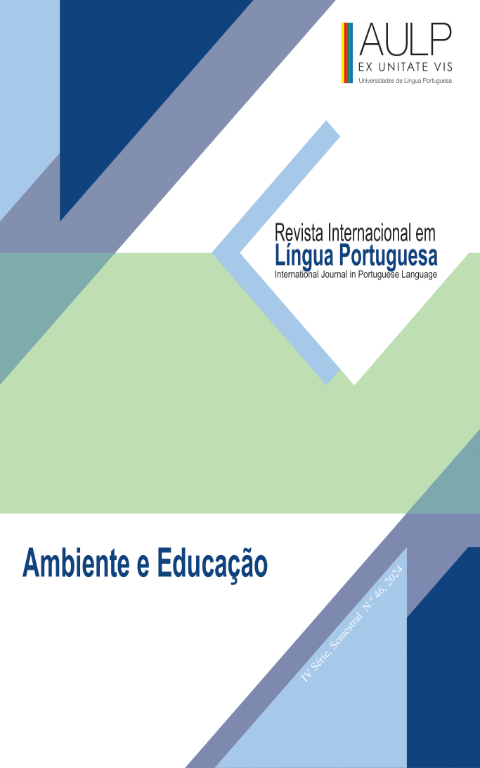

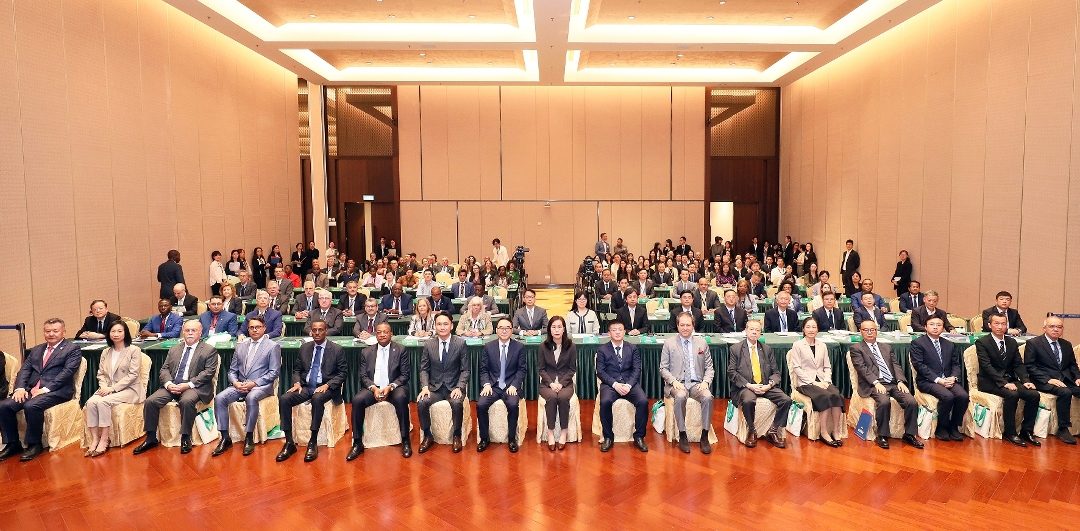
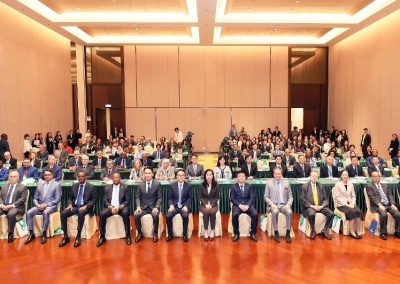
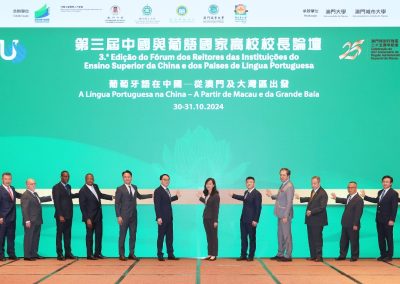
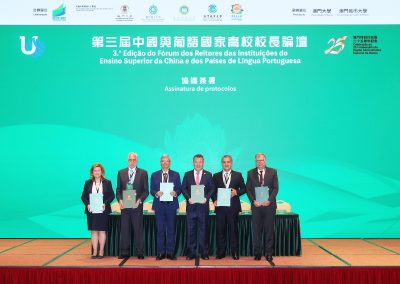
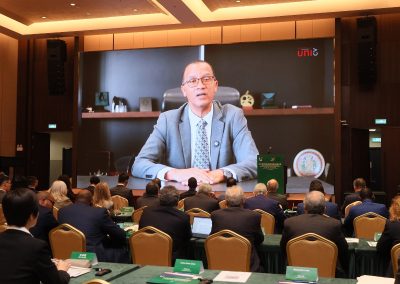
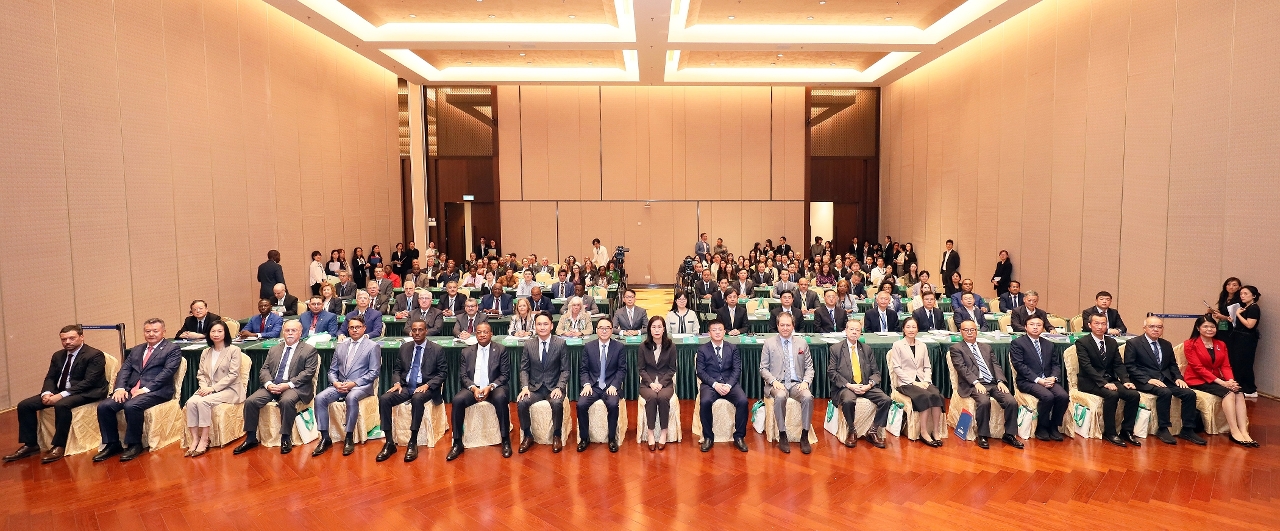
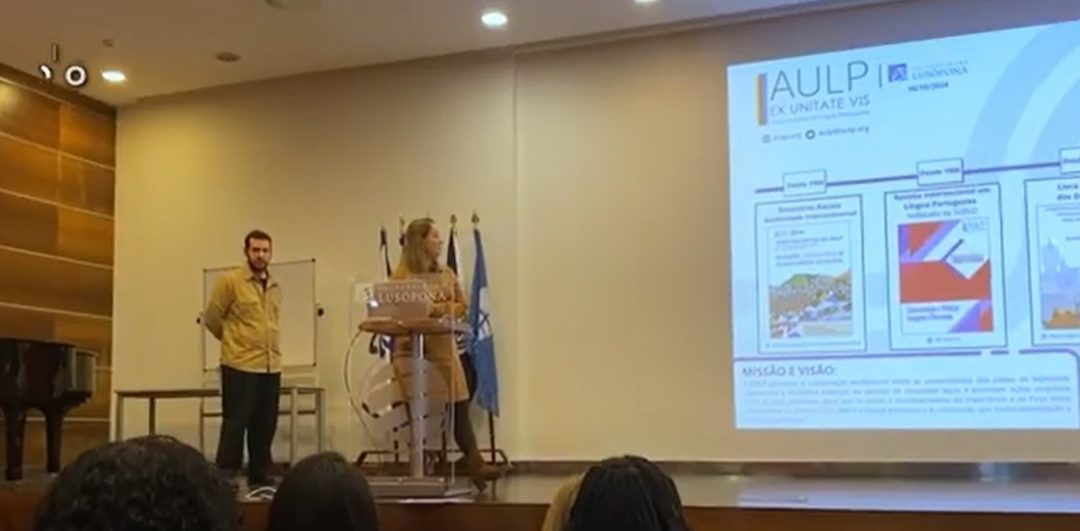
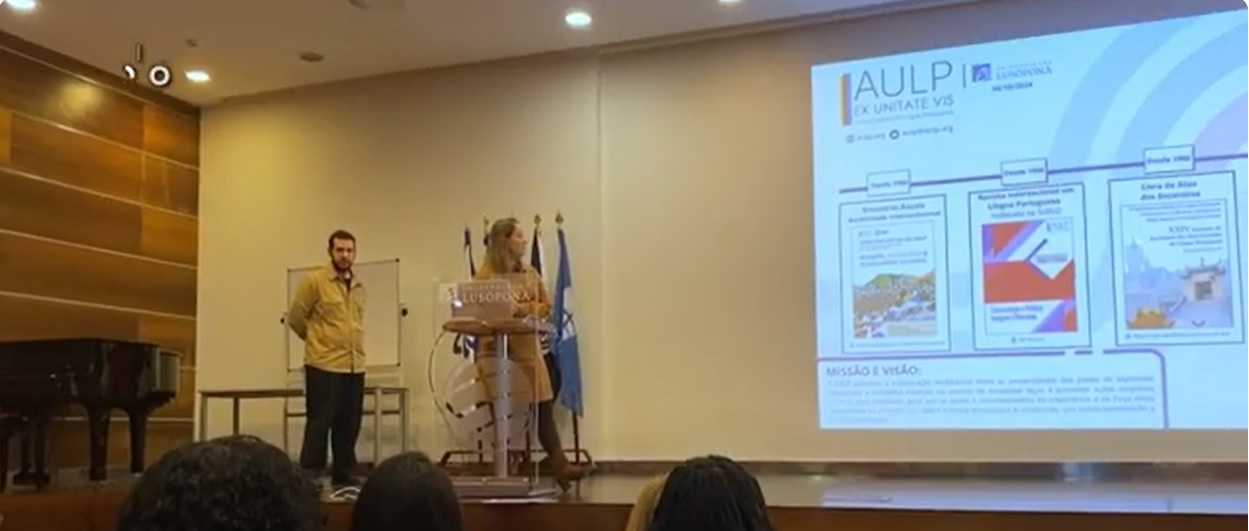
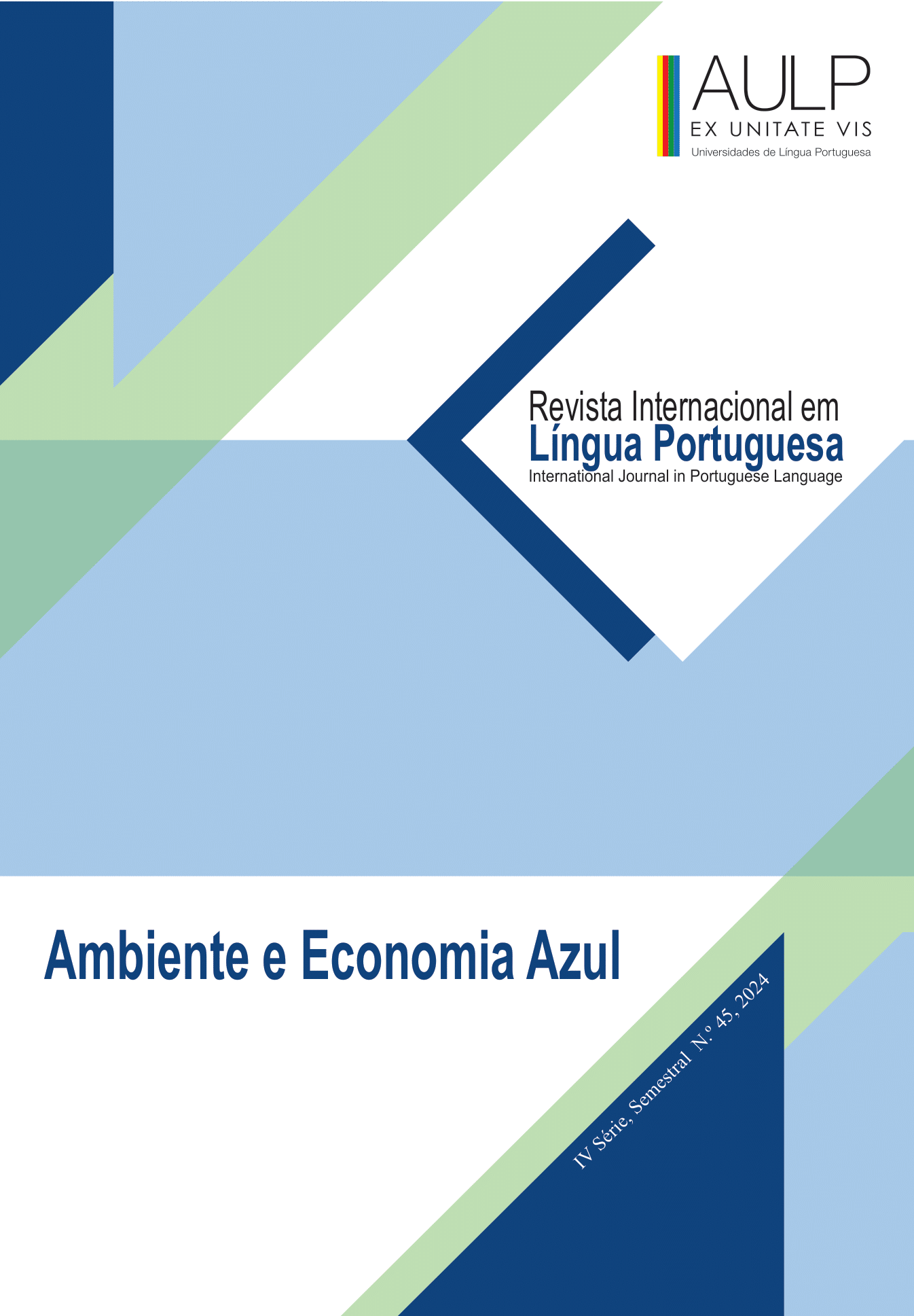
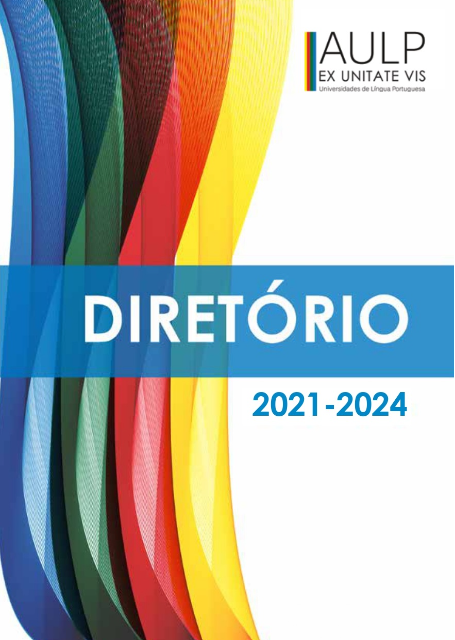




Comentários recentes